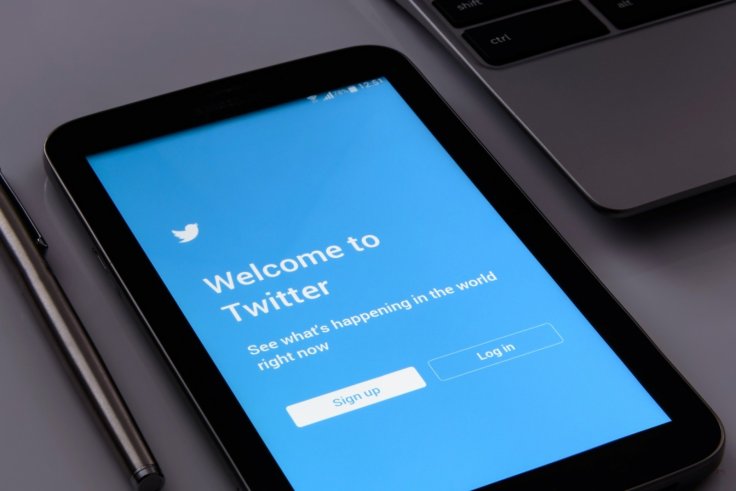President Donald Trump once again called for repealing of Section 230, a law that protects website or services from liability for third-party content. He cited "national security" for the termination of the law.
The President targeted Twitter in a series of late Thursday tweets and blamed the micro-blogging website of promoting "false 'trends'" and "negative stuff." He also accused the social media platform of discriminating against conservatives and demanded Section 230 be repealed "immediately."
For purposes of National Security, Section 230 must be immediately terminated!!!
— Donald J. Trump (@realDonaldTrump) November 27, 2020
What is Section 230 About?
Passed in 1996 as a part of the Communications Decency Act, Section 230 provided owners of any "interactive computer service" from legal challenges for any content posted or published by a third-party. This was done in a bid to encourage a new form of communication during the early days of the Internet era.
Section 230 remains crucial in protecting websites or platforms that host people's views — such as comments section on news websites, social media platforms like YouTube, Facebook and Twitter. These companies are protected from lawsuits over content posted by their users.
The law does not protect users from copyright violations, certain criminal acts or posting of illegal content. However, social media platforms have the authority to remove posts that violate the company's policies as long as it is done in "good faith."

Why is President Trump Against Section 230?
President Trump is among many conservatives who have spoken against Section 230. Big Tech companies like Twitter, Facebook and Google have been accused of being anti-conservative when it came toward the implementation of their policies.
During a Congressional hearing in October, Sen. Roger Wicker — who is the chairman of the Senate Committee on Commerce, Science and Transportation — demanded an amendment of the law saying "the openness and freedom of the internet are under attack."
Most recently, Twitter was under fire for blocking a controversial New York Post article on Hunter Biden ahead of the Nov. 3 election prompting conservatives to accuse the social media platform of censorship.
Twitter CEO Jack Dorsey, too, expressed his disdain over the blocking of the Post story without context or explanation. The social media platform, however, lifted the ban on New York post after reversing its policy.
In a move to fight the spread of misinformation post-elections, Twitter began tagging tweets that talked about alleged voter fraud. Trump's tweets on the alleged fraud have been marked as "disputed" — largely after Biden was declared a next president of the U.S.
Just saw the vote tabulations. There is NO WAY Biden got 80,000,000 votes!!! This was a 100% RIGGED ELECTION.
— Donald J. Trump (@realDonaldTrump) November 26, 2020









